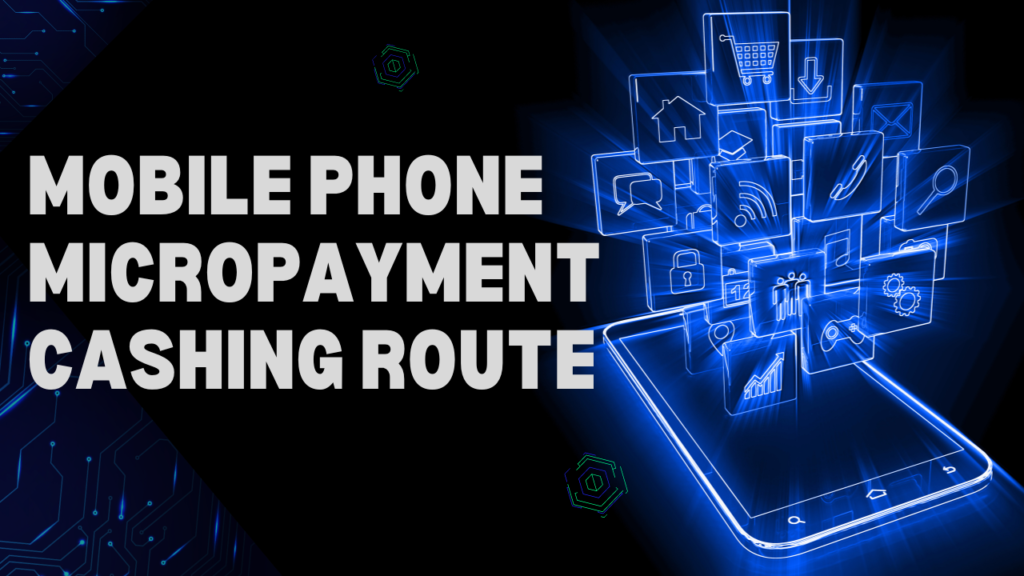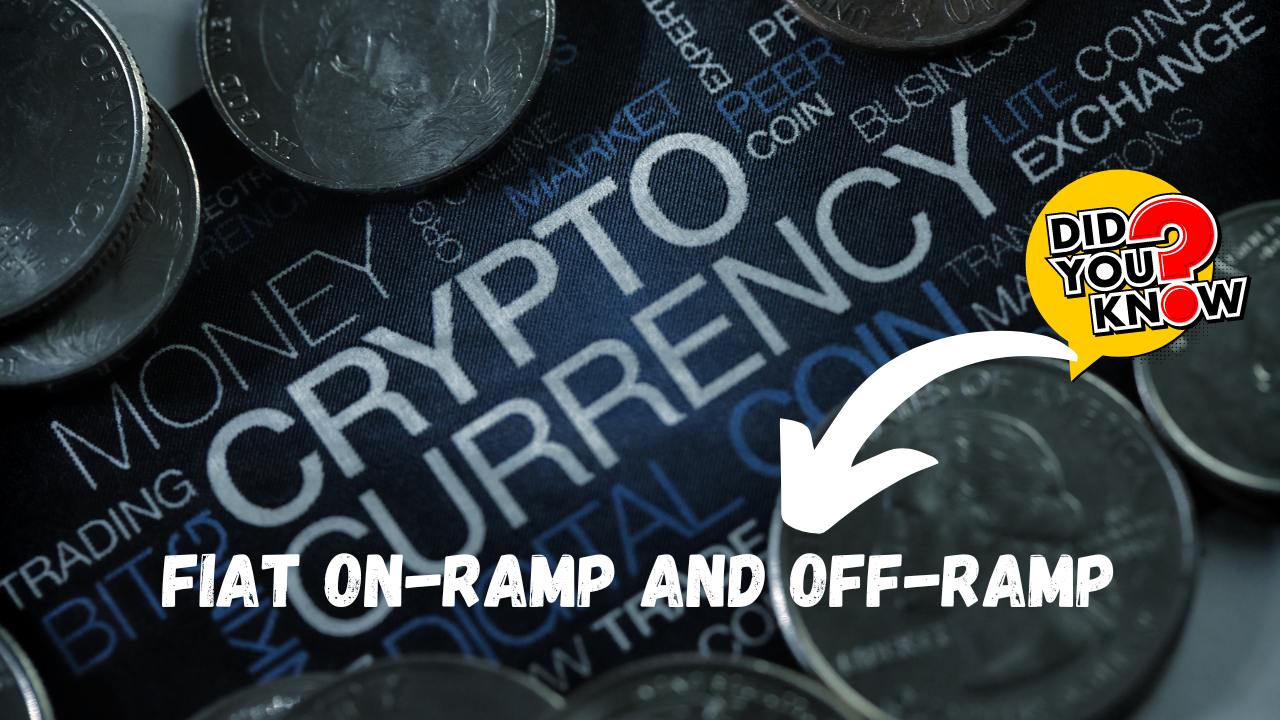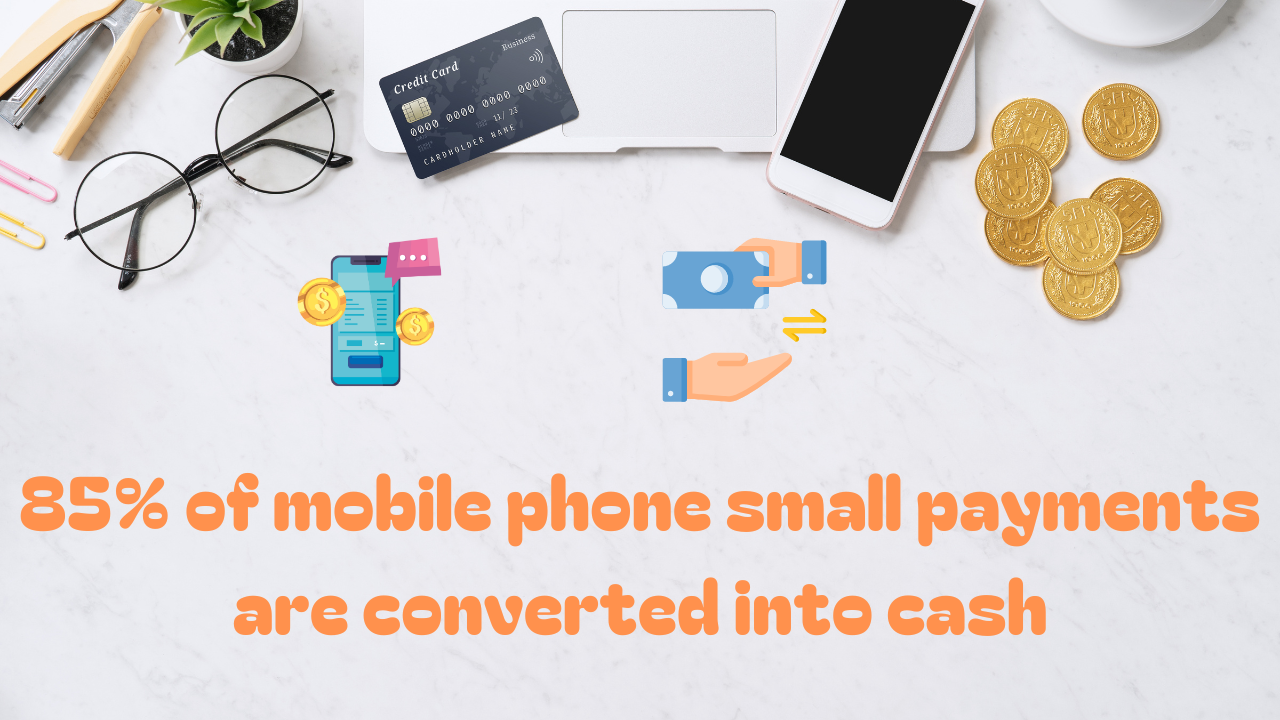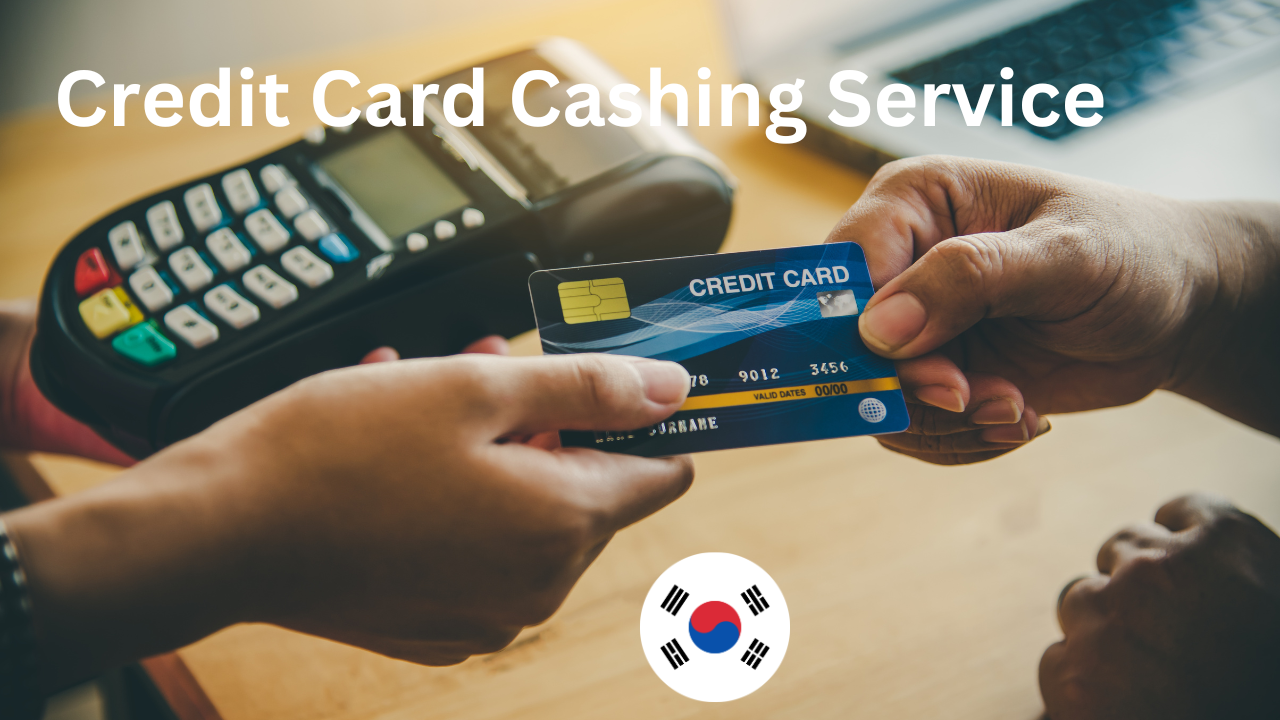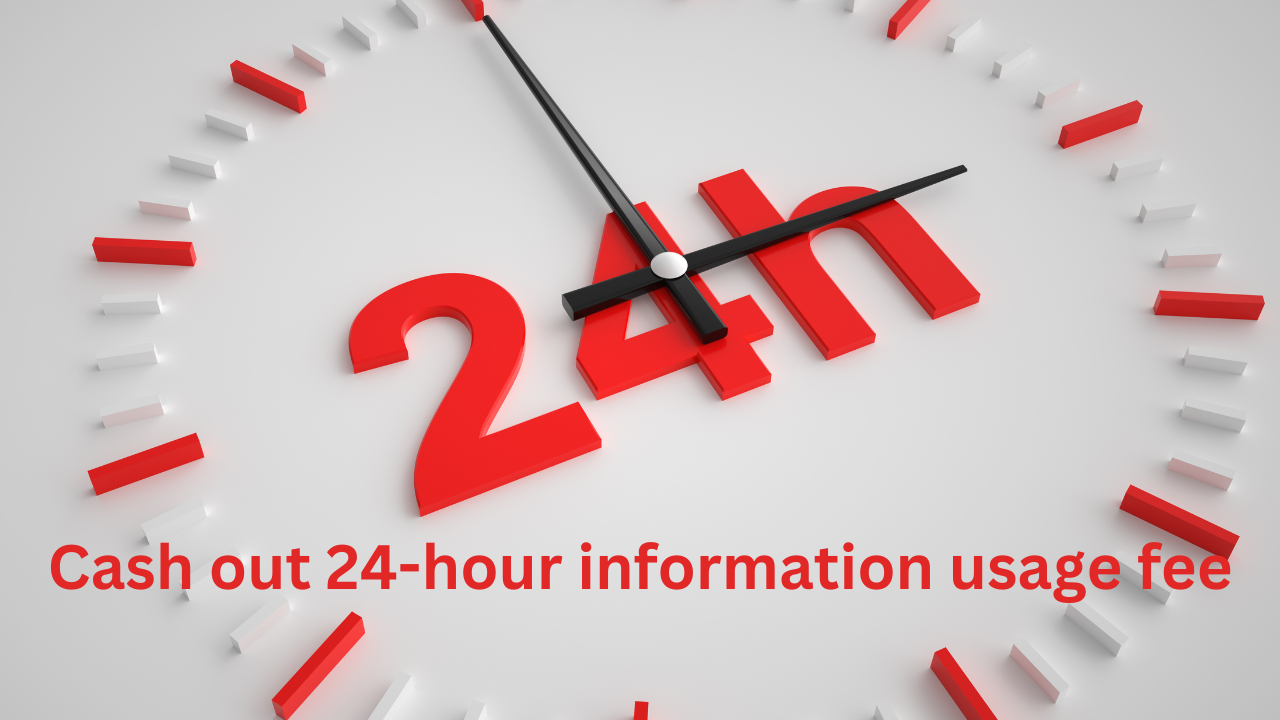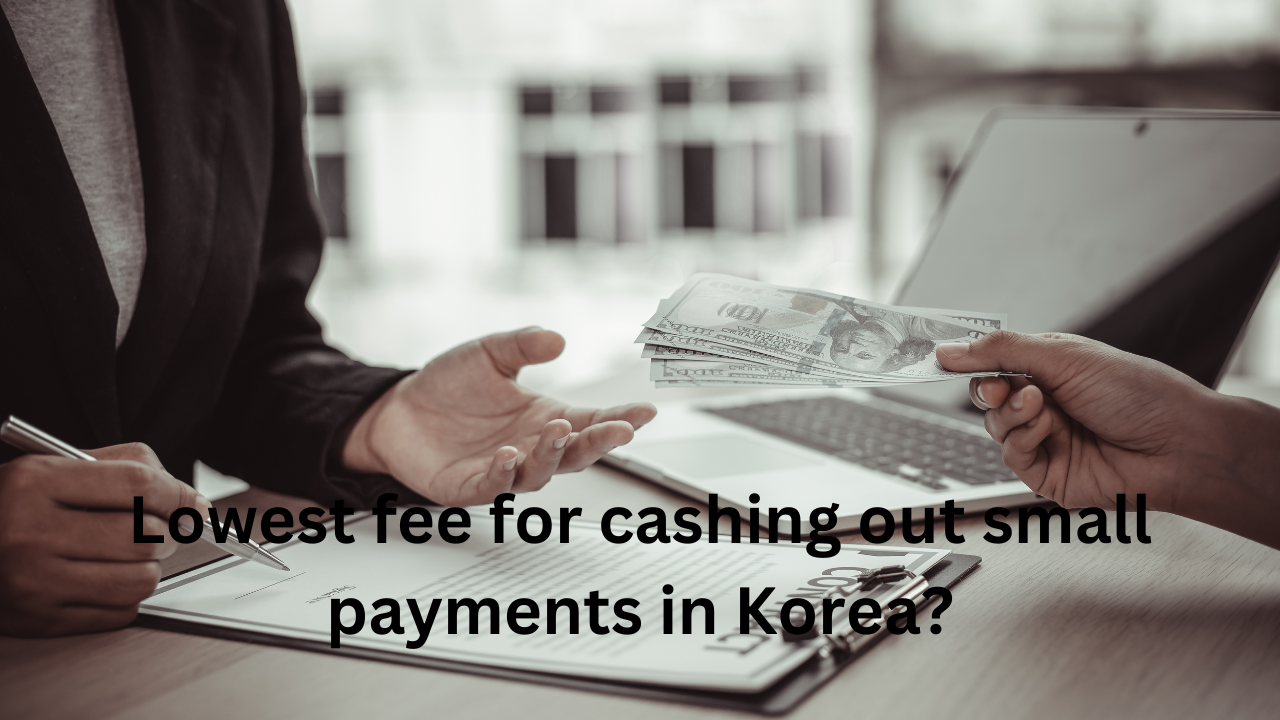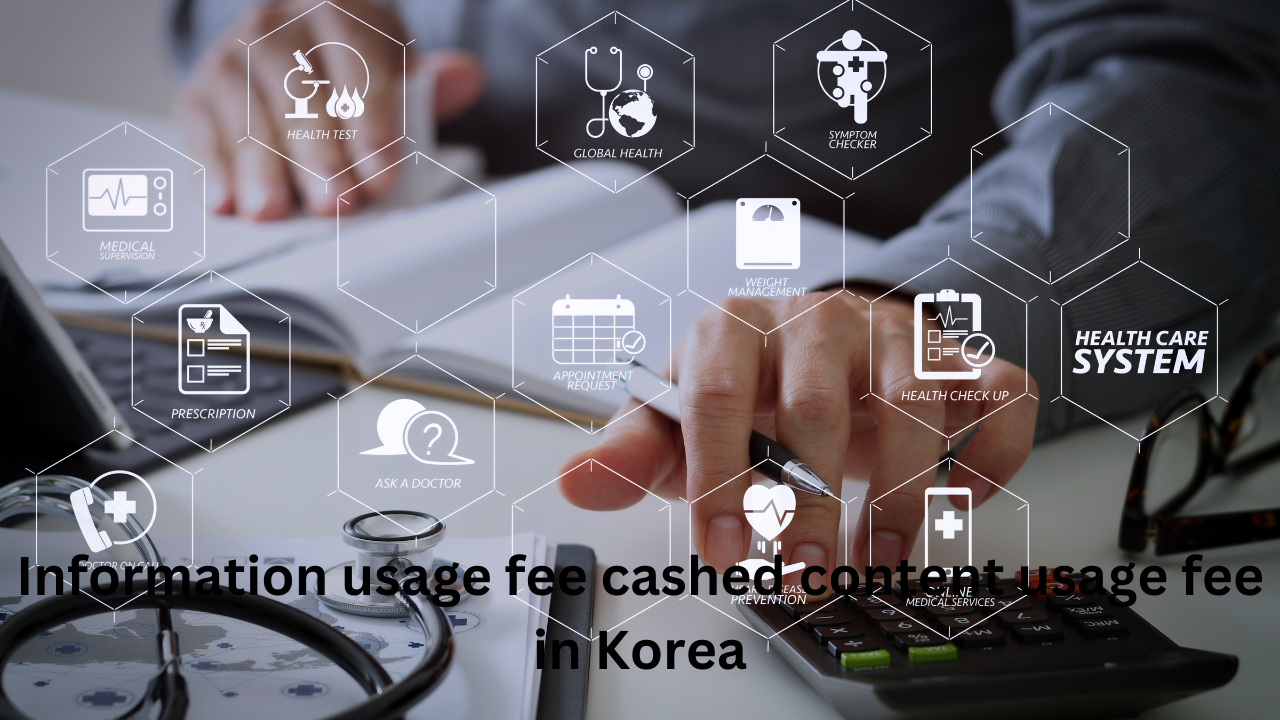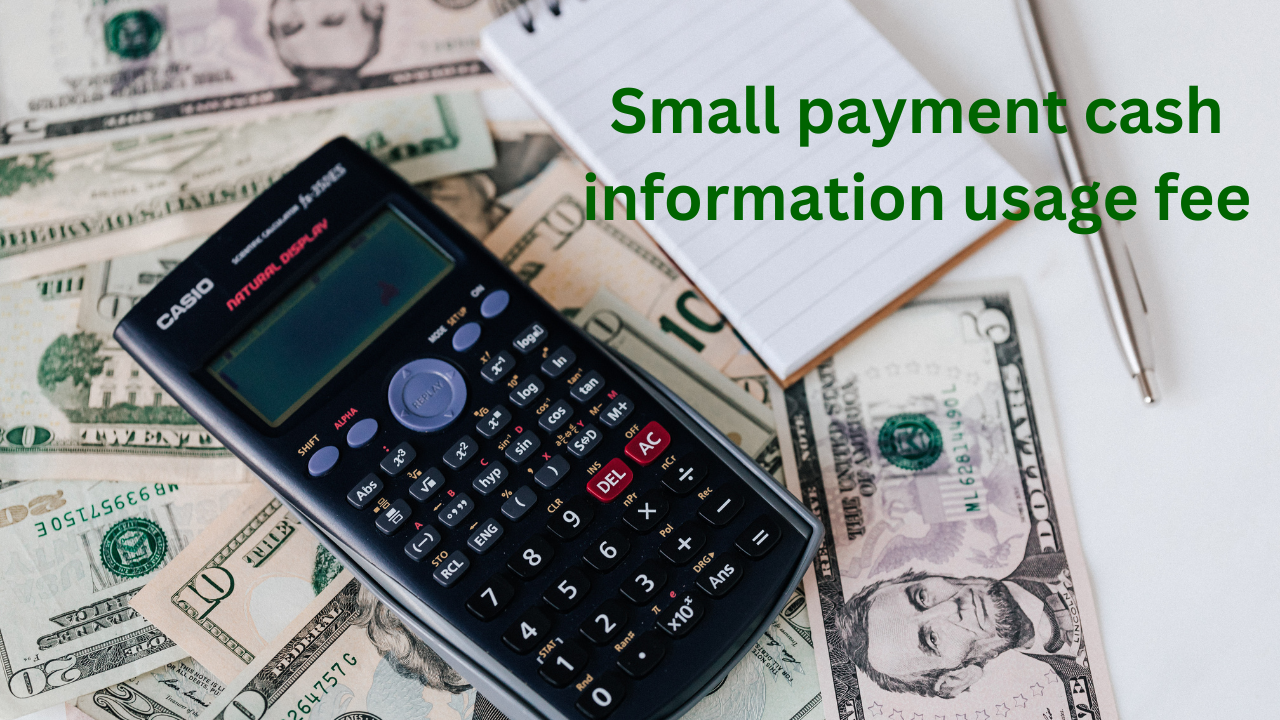Mobile phones have become an important part of everyday life in Korea. People use their phones to send messages, pay for things, and manage their money. As more payments are made on phones, security and privacy are important concerns. This article will look at how Korea works to protect users of mobile micropayments and cashing routes.
When you shop or pay bills with your phone, personal details like your name, number, and bank account are shared. It’s valuable for companies to keep this information secure and private. In Korea, the government has rules for payment companies to follow. Things like encrypting data, and monitoring for fraud help safeguard users. As phones gain new features, updated strategies are also needed. This article examines the approaches taken in Korea to safeguard people conducting mobile money tasks and ensure their trust in the technology.
Regulations in Place to Protect Privacy
The Korean government has created laws for companies that offer mobile phone micropayment cashing routes. One rule is that personal details must be kept private. Data like names, phone numbers, and bank accounts should only be seen by the person they belong to. Companies must secure this information so it is not stolen or misused. Regular privacy audits ensure the rules are being followed to protect users.
Authorization Methods for Korea’s Mobile Phone Micropayment Cashing Route
When making payments on a phone or accessing bank accounts, verification is important. Mobile micropayment apps in Korea use things like passwords, pins, and biometrics to confirm identities. Services also allow people to authorize one-time payments from linked cards or accounts. This ensures only the phone’s owner can make purchases and transfers. New methods like fingerprints and facial recognition provide additional authentication layers.
Encryption Standards for Secure Transactions
All financial transaction information sent to or from a mobile phone is encrypted to meet standards set by the government. This scrambles data so it cannot be read by hackers if intercepted. Encryption is used from the time details are entered on the phone, during transmission to vendors, and when stored by payment processors. Decryption can only be done by authorized parties, to help maintain security.
Managing and Securing Personal Financial Data
Mobile payment providers are responsible for protecting the financial data of their users. Strict controls require separating such sensitive details from other system information. Data is also backed up and stored in secure servers. If a phone is lost or stolen, fast remote wiping capabilities can delete any stored user credentials before others access the device. People can also set spending limits and receive transaction notifications for added protection.
Addressing Risks of Mobile Malware and Hackers
Payment providers monitor for mobile malware and hacker threats to micropayment cashing routes. They scan apps to detect viruses or unwanted code. If found, technicians immediately remove the threats to protect users. Providers also educate consumers on safe downloading habits and signs of fraud. Two-factor authentication requirements further hamper hackers’ attempts to take over accounts. Together these measures help cut the risk posed by malware and hackers to mobile phone micropayment cashing route security.
Technological Advances to Strengthen Security Over Time
Developers upgrade technologies used for mobile phone micropayment cashing routes. Biometrics now authenticate many transactions instead of passwords. Blockchain secures transaction records in new decentralized models. Mobile wallets replace SMS texts for greater safety. Regulators evaluate new ideas from designers. And consumers adopt improved security features. All these advancements work to bolster the security of mobile phone micropayment cashing routes over time.
Final Thoughts
Korea works hard to protect people using 휴대폰 소액결제 현금화 루트. The government makes rules for keeping data private and transactions secure. Payment companies follow these rules and use tools like encryption, verification, monitoring, and education. Their efforts aim to address risks from malware, hackers, and fast-changing tech.
Advances in security help ensure Koreans feel safe managing their money on phones. Korea’s approaches to mobile micropayment security and privacy keep users trusting this important payment method. While challenges remain, their comprehensive strategies build confidence in phones as tools for daily payments.


